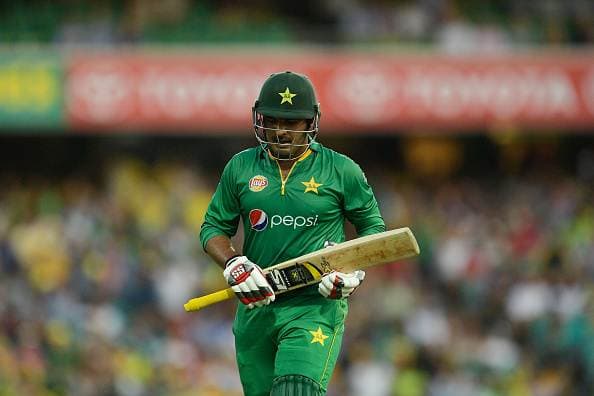ICC might use ‘cell phone data extraction technology’ to curb corruption in the game
2 Min Read


Ever since the match-fixing saga broke out in 2000 involving two biggest names in international cricket, ICC have faced a huge challenge to curb corruption in the game. The alleged involvement in match fixing by then Indian captain Mohammad Azharuddin and South African captain Hansie Cronje irked a huge uproar throughout the world. Since then we have seen many instances when players have been involved in fixing matches in return for hefty sums.
The International Cricket Council (ICC) has proposed an idea to check corruption in the game. If the ICC’s legal team gives a green signal to the ‘cell phone data extraction proposal’ then the data in the player’s phone can be accessed by ICC’s anti-corruption unit. The ICC management has been authorised by the Chief Executive’s committee to initiate the process of developing an amendment to the anti-corruption unit to give them the allowance to use the cell phone data extraction equipment. The issue sprang up during the ICC meeting in Dubai last week.
The world’s governing body will also analyse the advantages and loopholes of the technology and discuss with all interested parties before reverting back to ICC board with the full proposal for consideration later in the year. After the 2013 IPL spot-fixing scandal involving Sreesanth, Ajit Chandila and Ankit Chavan, South Africa’s domestic T20 league also banned four players in the 2016 season which also included former Test wicket-keeper Thami Tsolekile. In the very recent happenings, PCB has suspended opener Sharjeel Khan and Khalif Latif playing in Pakistan Super League (PSL) due to their alleged involvement in spot-fixing.
Left-arm pacer Mohammad Irfan and spinner Zulfiqar Babar was also questioned by PCB but later was later cleared to resume their services for their respective franchise in the ongoing PSL. According to the current rules, a player isn’t allowed to use phone or the internet in the restricted areas meant for players and match officials in international and domestic matches. However, reports suggest that the bookies try to contact players in private parties, at team hotels or via the internet.
Also read: PSL spot-fixing is unfortunate: Kumar Sangakkara
Despite all these, it might be very difficult to implement the technology of tapping mobile phones as rules vary from country to country. During the investigation of the 2013 IPL spot-fixing scandal, Justice Mukul Mudgal panel had said they could face legal trouble if they labelled someone a bookie without proper evidence. The Supreme court appointed RM Lodha Committee was critical in his statement.
According to Lodha Committee, the database of bookies and fixers was there with BCCI’s anti-corruption unit but it wasn’t shared with the players. Keeping players in the dark might unwittingly connect them to bookies.
Download Our App